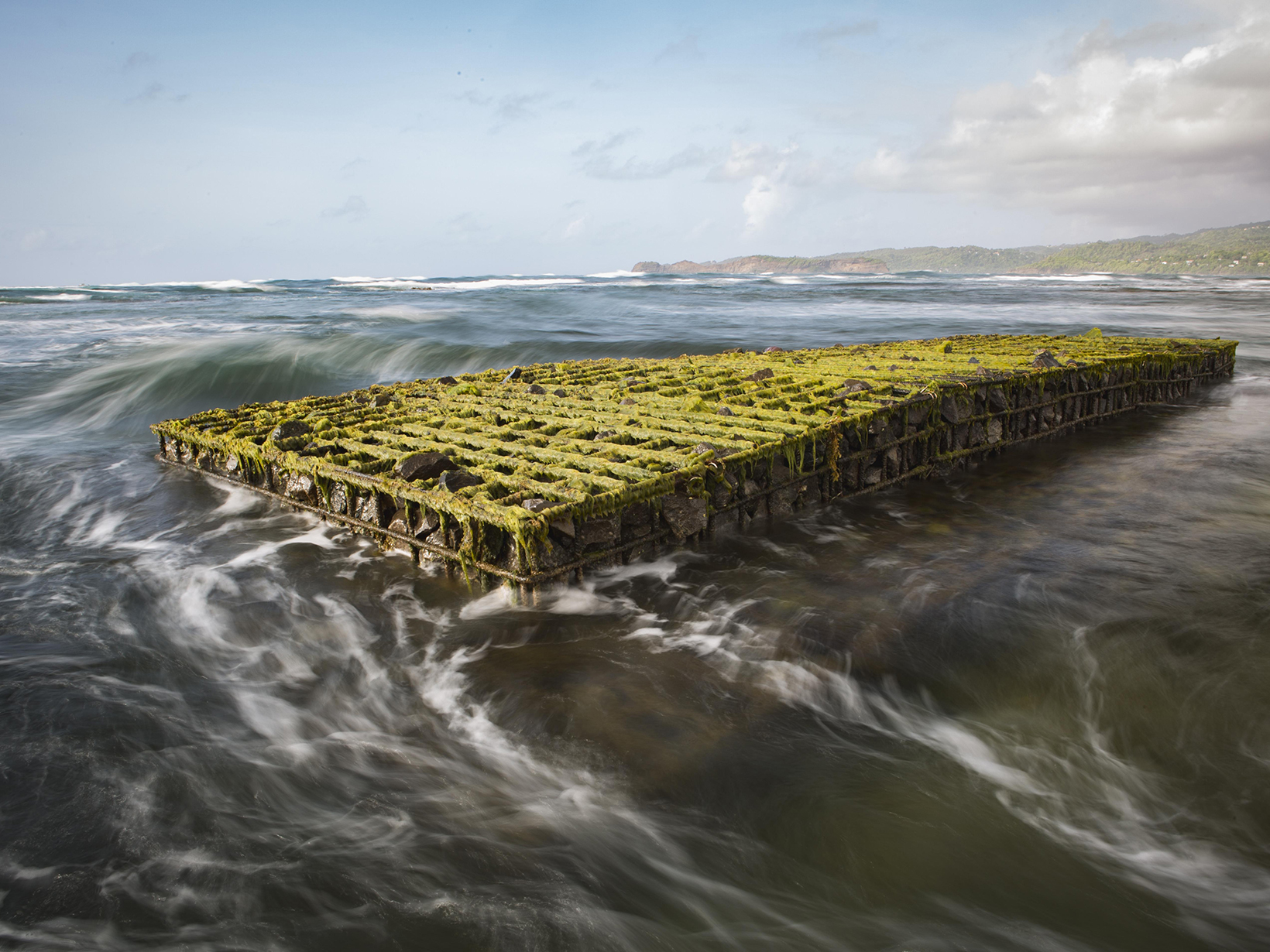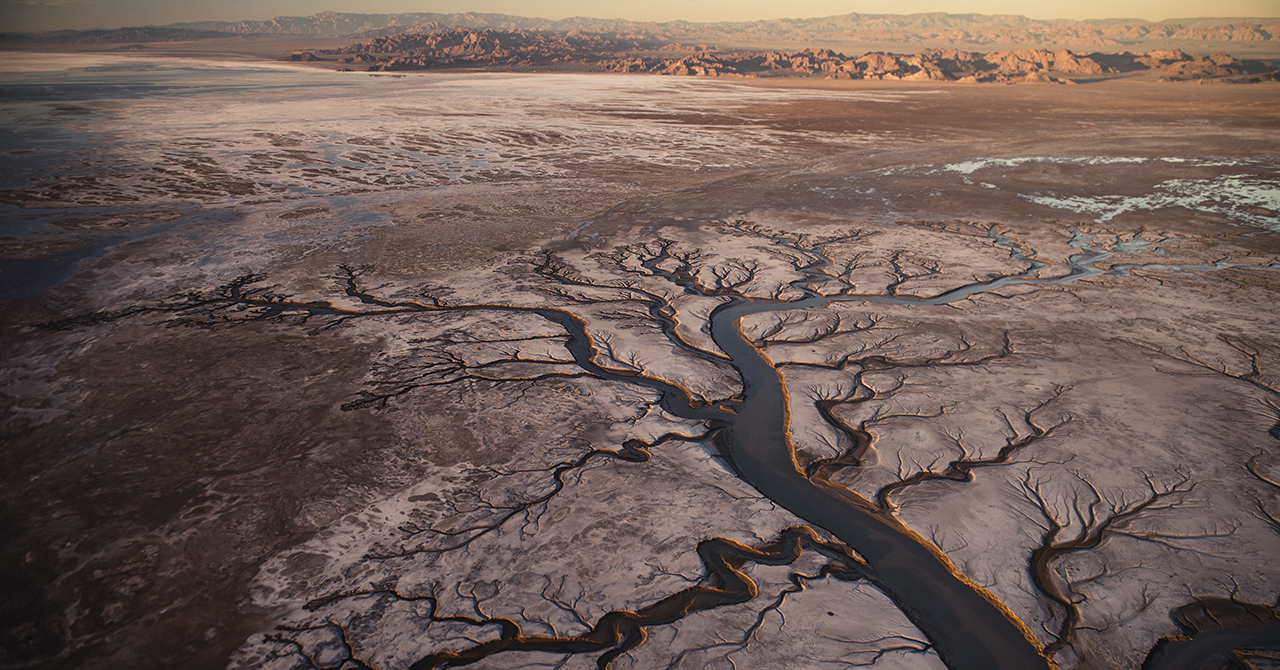Actionable Science: A Missing Link in Climate Resilience?
A New Science Network Aims to Help Communities Respond to Climate Change
KEY TAKEAWAYS
The Science for Climate Action Network (SCAN) launched in April to facilitate the promotion of climate adaptation and resilience methods based on the U.S. National Climate Assessments and other sources.
Nearly 40 scientists and government experts, including TNC staff, authored the independent committee’s first report, which recommends a new framework to guide climate action for local governments.
Many more opportunities for partnership are planned for SCAN, the founding of which brings together decision makers, scientists and communities.
Climate change has often been associated with the distant future—sort of in the genre of science fiction. But its impacts are already here and affecting communities around the world.
The Colorado River Basin—which supplies water to 40 million people in the western United States—is facing its 19th straight year of drought. This has meant that some of nation’s largest, most critical reservoirs have teetered on dangerously low levels for years now. These same droughts have helped fuel devastating wildfires in recent years, at times sharing a news cycle with identical conditions in the parts of southern Europe given to intense heatwaves, from Portugal to Greece.
Meanwhile, the kind of “historic” floods that typically occur every 500 or 1,000 years are striking much more frequently. The devastating deluge in the midwestern U.S. is just one of the latest reminders that extreme weather events—like “bomb cyclones’’—are an increasingly probable feature of our future forecasts.

While even the strongest economies are hardly impervious to climate impacts, these events often instigate an especially complex chain of disasters for marginalized communities, where they can exacerbate existing vulnerabilities. We’ve seen this play out in the U.S.—where nearly six out of 10 Americans don’t have $1,000 in savings to cover an unplanned expense—but such situations can be even worse in developing countries, as illustrated by the ongoing emergency that erupted in Mozambique in the wake of Cyclone Idai.
Indeed, climate change is a game changer—one that sometimes leaves governments, businesses and communities struggling to find and understand the new rulebook. The past is no longer a reliable indicator of what the future will bring. The scientific community understands this well and has important data, knowledge and approaches that will be critical to help governments and other organizations develop cost-effective and appropriate responses.
But in order to leverage this knowledge efficiently, it is essential to maintain the channels by which this information is shared and utilized for the public good. This is the mission that brought about the Science for Climate Action Network (SCAN) in April of this year. The network arose out of a study undertaken by the Independent Advisory Committee for Applied Climate Assessment, a committee that formed when the administration of U.S. president Donald Trump canceled the federal advisory commission established to provide regular climate assessments. Upon its cancellation, New York Gov. Andrew Cuomo, Columbia University and the American Meteorological Society stepped forward to support an independent committee to carry on with the same purpose—facilitating the promotion of climate adaptation and resilience.

The first resource SCAN has made available to local governments to tackle climate change challenges is a report titled “Evaluating Knowledge to Support Climate Action,” which was authored by nearly 40 scientists and local government experts, including staff at The Nature Conservancy (TNC). The report’s purpose is to help local governments and other decision makers use science from the U.S. National Climate Assessments and other sources to reduce greenhouse gas emissions and to adapt to climate impacts.
A key recommendation of the report is to integrate climate science in routine decision making, such as capital improvement planning and zoning. SCAN’s intent is to provide guidance on a range of technical issues, including bond ratings and infrastructure design. The network will also convene teams of scientists, climate experts and state and local officials to identify best practices.
TNC’s experience and work can certainly help advance these efforts, particularly given the organization’s large portfolio of nature-based solutions (NBS) that help increase the resilience of communities. Within the past few years, we were instrumental in launching the Naturally Resilient Communities partnership of county governments, professional engineers, community planners and floodplain managers. This partnership is focused on helping communities use NBS to reduce flood risk and produce other benefits, like improved water quality.

TNC also leads Coastal Resilience. This program examines nature’s role in reducing coastal flood risk—one that includes a web mapping tool as well as a network of practitioners from around the world that support hazard mitigation and climate adaptation planning.
And we’ve produced a procurement guide for nature-based solutions that helps communities figure out which options will work best for different contexts and how best to fund and implement them.
But we also get our boots dirty. TNC and its partners lead the At the Water’s Edge project, which is aimed at helping better equip local communities to prepare for and respond to climate change and make informed decisions on the use of their coastal environment. Guided by climate science, the partners have joined forces with local communities to—among other actions—increase the island’s resilience by creating artificial reefs and restoring coastal mangroves that can help address erosion and sea level rise.
Through SCAN, TNC is eager to see more such partnerships emerge among decision makers, scientists and communities to help develop grounded sets of options that can help communities strengthen their resilience to a changing set of shocks and stressors.
Global Insights
Check out our latest thinking and real-world solutions to some of the most complex challenges facing people and the planet today.

